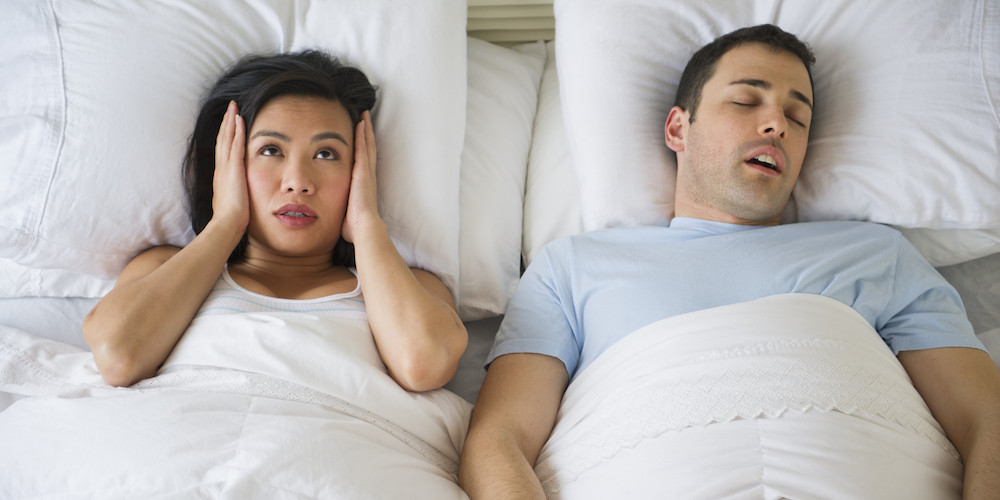What is Sleep Apnea?
From WEB MD:
“Sleep apnea is a serious sleep disorder that occurs when a person’s breathing is interrupted during sleep. People with untreated sleep apnea stop breathing repeatedly during their sleep, sometimes hundreds of times. This means the brain — and the rest of the body — may not get enough oxygen.”
What Are the Effects of Sleep Apnea?
Sleep apnea can affect anyone at any age, even children. Risk factors for sleep apnea include:
• Being male
• Being overweight
• Being over age 40
• Having a large neck size (17 inches or greater in men and 16 inches or greater in women)
• Having large tonsils, a large tongue, or a small jaw bone
• Having a family history of sleep apnea
• Gastroesophageal reflux, or GERD
• Nasal obstruction due to a deviated septum, allergies, or sinus problems
If left untreated, sleep apnea can result in a growing number of health problems, including:
• High blood pressure
• Stroke
• Heart failure, irregular heart beat, and heart attacks
• Diabetes
• Depression
• Worsening of ADHD
• Headaches
Denise’s
 2 Cents:
2 Cents:
Sleep is one of the most highly under-recognized pillars of good health.
Ask someone you sleep next to or in close proximity to whether he or she can hear you snoring frequently?
Although frequent snoring is not in itself a definitive diagnosis of apnea, nevertheless many cases of sleep apnea are discovered this anecdotal way. Additionally, relatively new portable electronic devices such as “Fitbit” and Apple Watch have components that enable users to track their sleep and keep a consistent record of their sleeping patterns.
If you are concerned that you might have sleep apnea, by all means check with your doctor and get a sleep test. If by chance you have sleep apnea, be reassured that once it’s discovered you can get relief and avoid the health complications that apnea can cause.
Denise Gaylord
Personal Trainer & Challenge Coach
Provincetown USA
